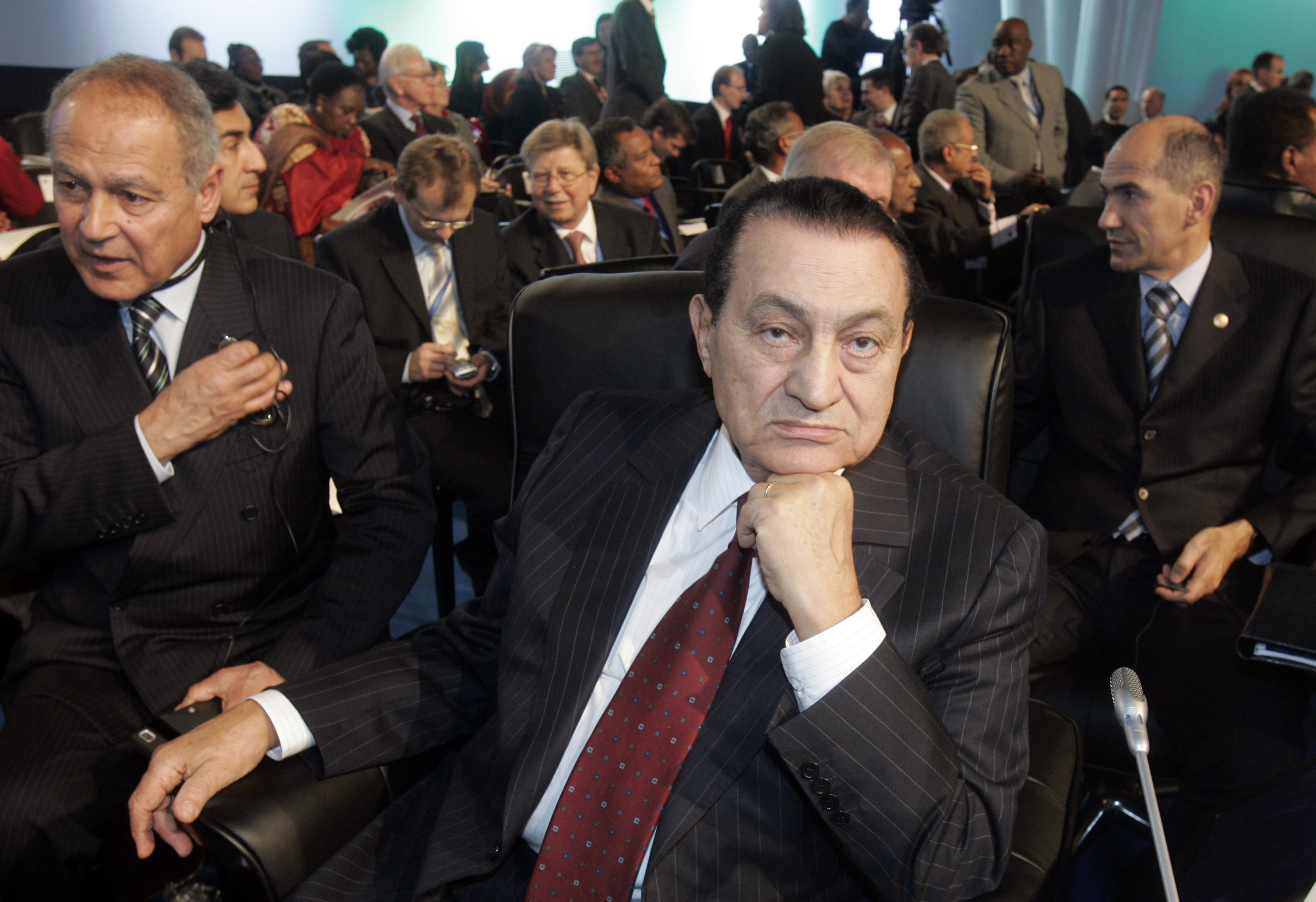The Iranian Foreign Ministry spokesman said on Monday that the possibility exists that Tehran would hold talks with the other parties on the revival of a 2015 nuclear deal on the sidelines of the 77th Session of the United Nations General Assembly (UNGA) in New York.
Iran would naturally use any opportunity to voice its views on bilateral and international issues, Nasser Kanaani was quoted as saying by Iran’s official news agency IRNA.
Iranian President Ebrahim Raisi, who will attend the UNGA in New York, is accompanied by Iran’s chief nuclear negotiator Ali Bagheri Kani, Kanaani told a weekly press conference.
Raisi will hold bilateral meetings with his counterparts from different countries on the sidelines of the UNGA session and will take part in a number of press conferences, Kanaani added.
The Iranian president, who left Tehran for New York on Monday morning, told reporters at the airport that he had “no plans to negotiate or meet with the Americans during this trip,” according to the Iranian presidency’s website.
Commenting on the likelihood of meetings between Iranian and US officials on the sidelines of the UNGA session, Kanaani said Tehran would not hold bilateral talks with Americans.
Tehran will continue to maintain connections and contact with the other parties regarding the nuclear issue through the European Union, Kanaani said.
No specific plan has been drawn up for negotiations over the removal of the sanctions during the visit and on the sidelines of the session, Kanaani said, adding Iran has never left the negotiating table and considers constructive talks as an effective and appropriate method for resolving differences.
Iran signed the nuclear deal, formally known as the Joint Comprehensive Plan of Action (JCPOA), with world powers in July 2015, agreeing to curb its nuclear program in return for removing sanctions on the country. However, former US President Donald Trump pulled Washington out of the agreement and reimposed unilateral sanctions on Tehran, prompting the latter to drop some of its commitments under the pact.
The talks on the JCPOA’s revival began in April 2021 in Vienna but were suspended in March this year because of political differences between Tehran and Washington.
The latest round of the nuclear talks was held in the Austrian capital in early August after a five-month hiatus.
On August 8, the EU put forward its final text of the draft decision on reviving the JCPOA. Iran and the United States later indirectly exchanged views on the EU proposal in a process that has so far failed to produce any favorable outcome.


